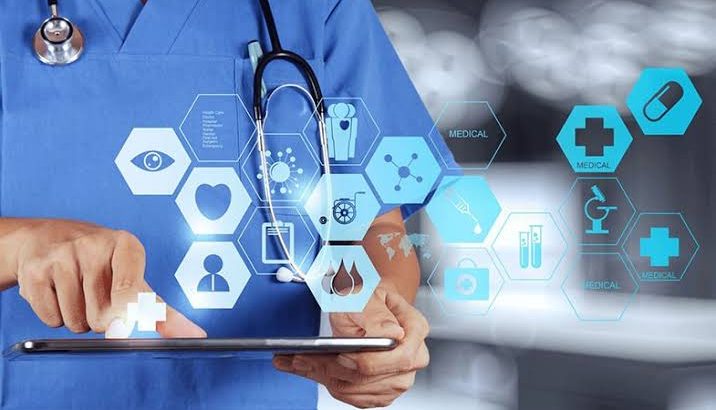Healthcare technology is any technology, including medical devices, IT systems, algorithms, artificial
intelligence (AI), cloud and block chain, designed to support healthcare organizations.
The adoption of technology in healthcare over the years has led to better diagnosis and treatment of
patients. Out of all the benefited sectors from technology adoption, healthcare is probably the most
important one. Consequently, it improved the quality of life over time, and it has saved many lives.
The use of medical technology tools safeguards patient safety. First, there are alerts on medication,
flags and reminders, consultation and diagnosis reports, and the easier availability of patient data.
Particularly, alerts can help someone adhere to specific treatments and schedules of treatment.
Also, an electronic recording of data can lead to uniformity of practice across all health practitioners.
Finally, using an electronic health record can improve provided care for common conditions based
on past evidence.
It can help in early detection of health problems. It can also help in integrating data collected from
tests instantly, monitor the condition of the patient, and then relay that information to the doctors
and staff in real time, thereby improving the efficiency of the overall healthcare system.
In medicine and healthcare, digital technology could help transform unsustainable healthcare
systems into sustainable ones, equalize the relationship between medical professionals and patients,
provide cheaper, faster and more effective solutions for diseases – technologies could win the battle
for us against cancer.
The role of technology in healthcare has reshaped how we look at patient-care, hospital
management, discovering and innovating better drugs, and predicting the course of treatment based
primarily on data




